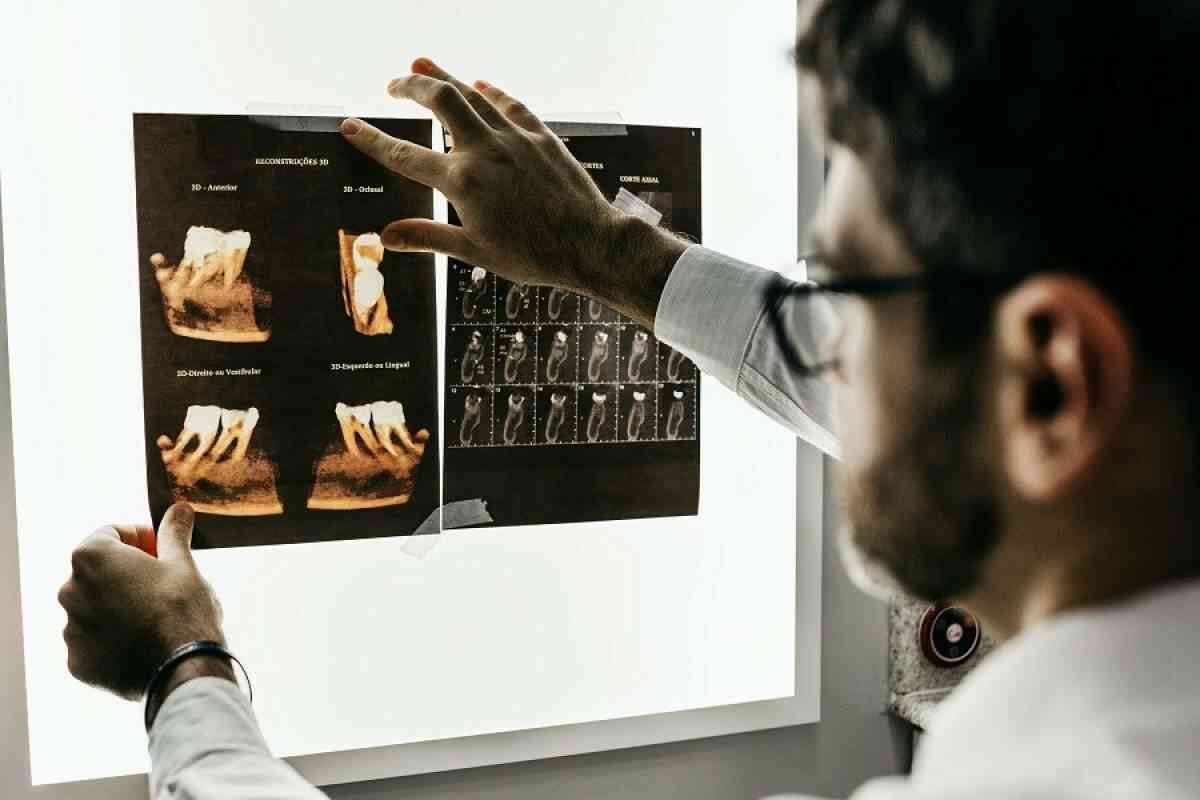What Is Periodontal Disease And How To Prevent It?
- - Category: Dental Care
- - 07 Jun, 2023
- - Views: 190
- Save

Periodontal disease, commonly known as gum disease, is a chronic inflammatory condition that affects the gums and teeth.
Periodontal disease, commonly known as gum disease, is a chronic inflammatory condition that affects the gums and supporting structures of the teeth. If left untreated, it can lead to tooth loss and other serious health complications. Here, we will delve into the causes, symptoms, and effective preventive measures to maintain optimal oral health.
Understanding Periodontal Disease
Periodontal disease is primarily caused by bacteria present in plaque, a sticky film that forms on the teeth. When plaque is not regularly removed through proper oral hygiene practices, it hardens into tartar, which irritates the gums and leads to inflammation. This inflammation is known as gingivitis, the early stage of gum disease. If left untreated, the infection can progress and affect the supporting tissues and bones, leading to periodontitis.
Symptoms and Stages of Periodontal Disease
The symptoms of periodontal disease may vary depending on the stage of the condition. In the early stages, symptoms include swollen or tender gums, bleeding while brushing or flossing, and persistent bad breath. As the disease progresses, symptoms worsen, and individuals may experience receding gums, loose teeth, changes in bite alignment, and even tooth loss. Regular dental check-ups are crucial to detect and treat periodontal disease at an early stage.
Preventing Periodontal Disease
1. Maintain Excellent Oral Hygiene
The foundation of preventing periodontal disease is a consistent oral care routine. This includes brushing your teeth at least twice a day with a soft-bristle toothbrush and fluoride toothpaste. Don't forget to clean your tongue as well. Floss daily to remove plaque and food particles from between the teeth and along the gumline. Consider using an antimicrobial mouthwash to reduce bacteria in the mouth.
2. Adopt a Healthy Lifestyle
A well-balanced diet rich in vitamins and minerals is essential for overall oral health. Limit sugary and acidic foods, as they contribute to tooth decay and gum disease. Avoid tobacco products, as smoking weakens the immune system and makes it harder for your body to fight off infections, including gum disease. Limit alcohol consumption, as excessive drinking can also impair oral health.
3. Schedule Regular Dental Check-ups
Regular dental visits are crucial in preventing periodontal disease. Dentists can identify early signs of gum disease and provide appropriate treatment. Professional cleanings, typically recommended every six months, remove tartar buildup that cannot be eliminated through brushing and flossing alone.
4. Be Aware of Risk Factors
Certain factors increase the risk of developing periodontal disease. These include genetic predisposition, hormonal changes (such as during pregnancy or menopause), chronic illnesses like diabetes, and medications that affect oral health. If you have any of these risk factors, it's important to be extra vigilant in your oral hygiene practices and visit your dentist in The Colony more frequently.
5. Seek Early Treatment
If you notice any signs of gum disease, such as bleeding or swollen gums, it's crucial to seek professional dental care promptly. Early intervention can prevent the progression of the disease and reduce the risk of irreversible damage to the gums and supporting structures.
Periodontal disease is a common condition that can have serious implications for oral health if left untreated. By maintaining excellent oral hygiene, adopting a healthy lifestyle, scheduling regular dental check-ups, and being aware of risk factors, you can significantly reduce the risk of developing this chronic inflammatory disease and enjoy a healthy smile for years to come.


